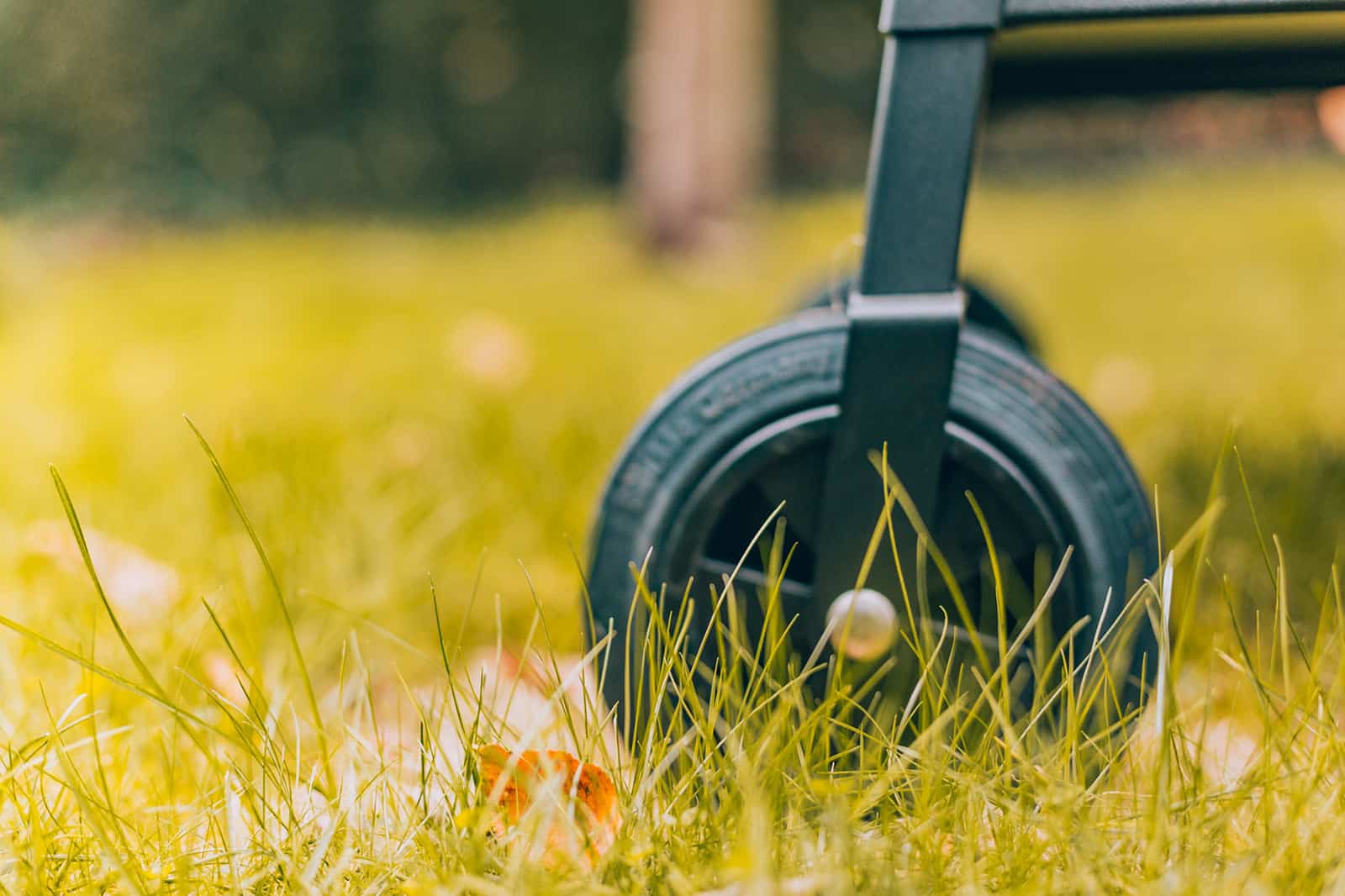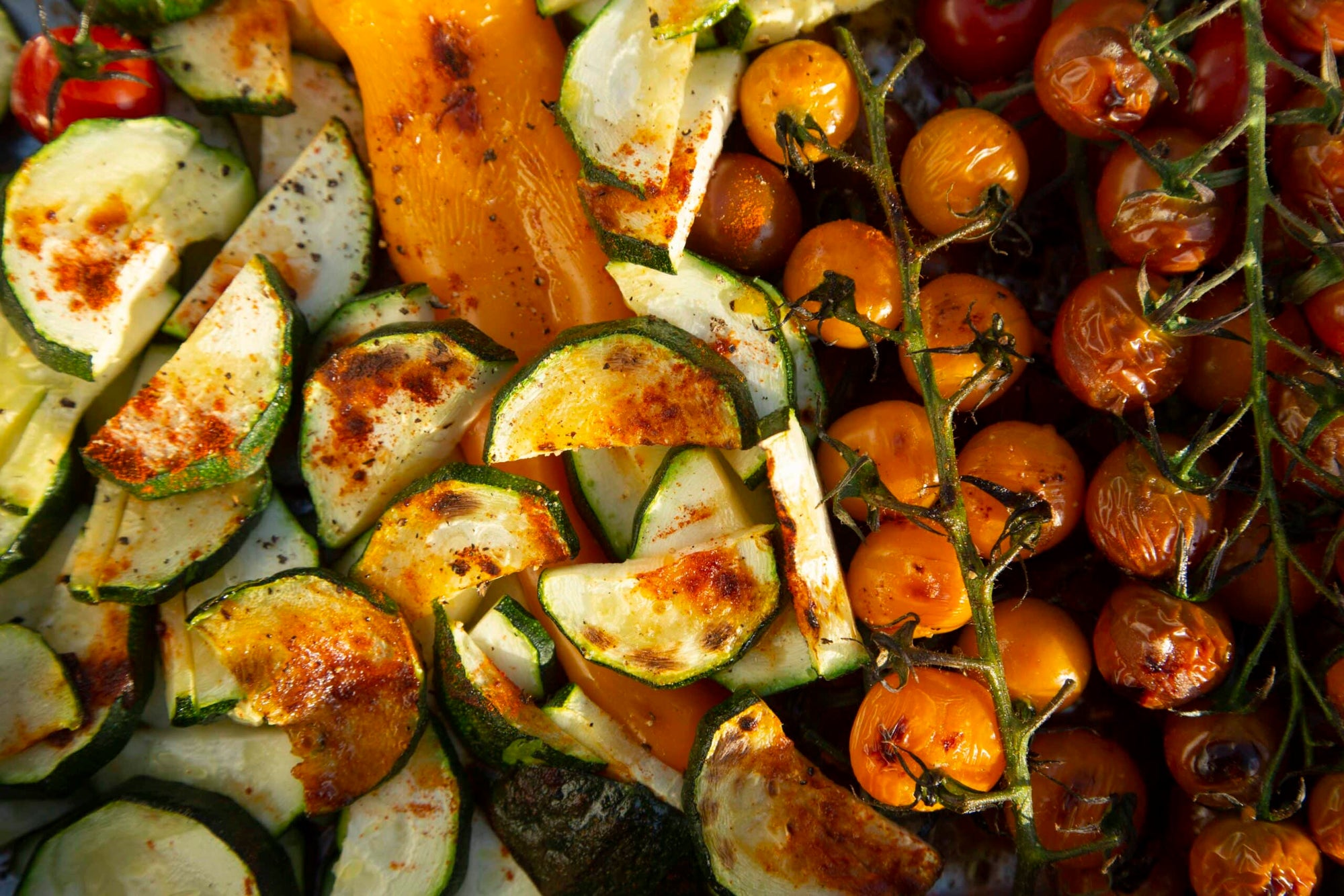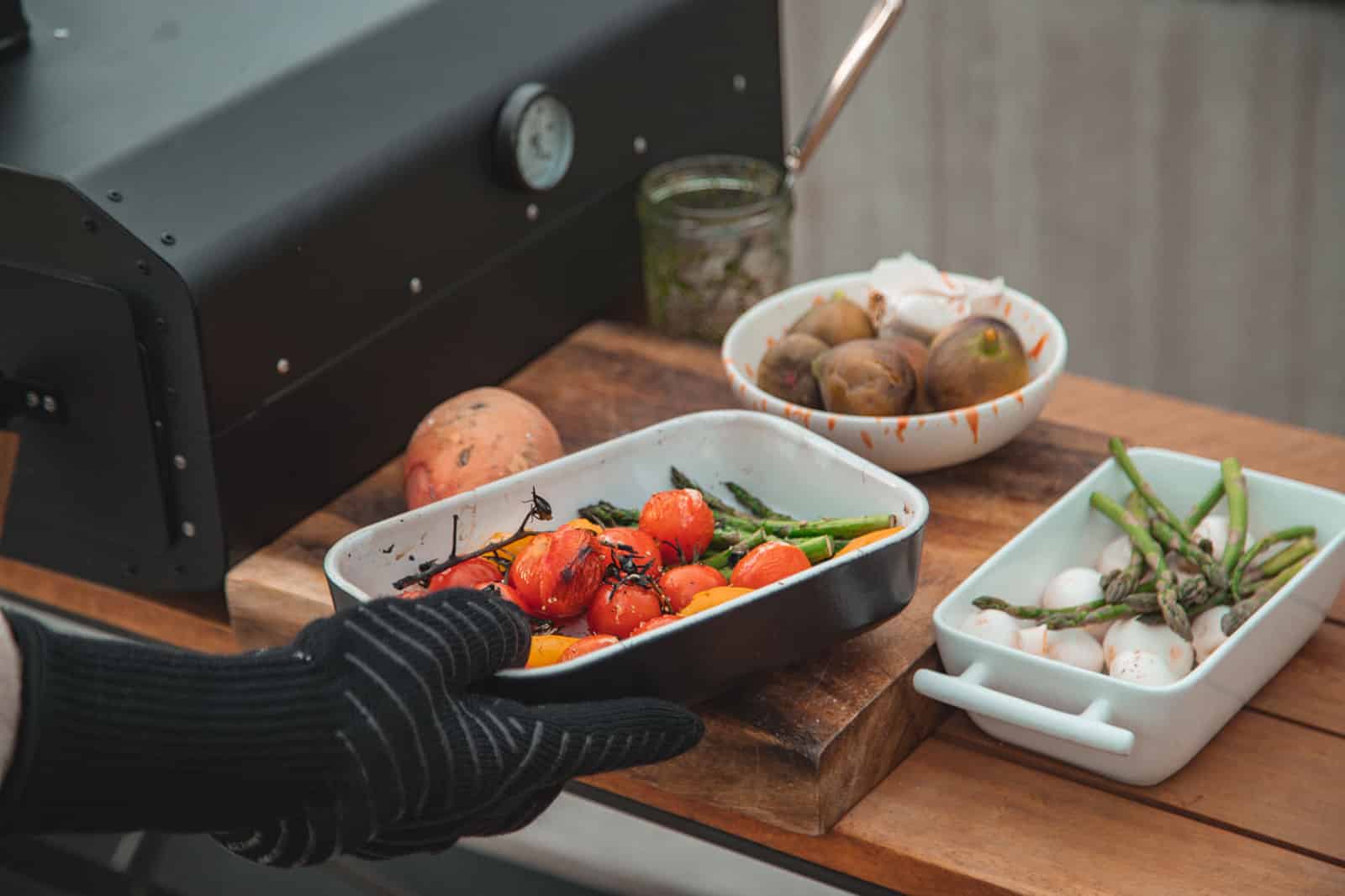Vonken is all about sustainability. Our ovens are sustainable, production is sustainable and we plant a tree for every oven sold. We would like to extend this sustainability to other aspects of life as well. This way, not only the oven becomes sustainable, but also the delicious dishes we cook. Because sustainable cooking is not always easy, we have collected a few tips.
The easiest part of sustainable cooking is buying and cooking in bulk. By doing your weekly shopping in one go, you save fuel, time, but also in individually wrapped ingredients. For example, you can go for the 500 g container of mushrooms if you have several dishes with mushrooms on the schedule. Especially dry food such as macaroni and rice are easy to buy in large quantities because they cannot expire. By cooking a larger amount you always have the perfect excuse to invite people. In this way, cooking is only done once for many, instead of everyone for themselves. Better for gas consumption, the environment and mental health of course.
Shopping does not have to be done in the supermarket. In many cities there is a weekly market where you can buy vegetables, fruit, meat and fish fresh and not pre-packaged. You can also choose exactly the amount you need of something, so you can limit leftovers. Many stalls still give away fruit and vegetables in plastic bags, but this is easy to avoid by bringing your own bag. The local products are better for the environment because they are transported much less. Markets offer many seasonal products, which brings us to the next point.
Choose seasonal products. Seasonal products are fruits and vegetables that grow at a certain time of the year, but it can also go a little further than just buying these products in their natural ripening time. We are all familiar with asparagus and mandarins where sales peak in certain periods, but these products are still available all year round. Choose seasonal products and fruit in its natural ripening period, because this does not require imitating a different climate in a greenhouse, which is bad for the environment. For example, check out this delicious recipe for a puff pastry tart with plums in October-May, and our recipe for buttery celeriac in August-March.
Consume as little as possible by getting as much out of your food as possible. We currently eat certain parts of many vegetables and meats, but we can get so much more out of that. An age-old way to get the most out of food is to make broth. Toss chicken bones, celery (with leaf), carrots and unpeeled onion, as well as spices, such as salt, dried thyme, peppercorns, fresh parsley, bay leaves and unpeeled garlic cloves into a jar. Let this mixture simmer for 2.5 hours, pour into a bowl and you have made a delicious broth.
We all know that eating meat is not the best thing for our planet, and yet it remains part of our culture. That is why there is the concept of a meat-free Monday, or whatever day of the week you want. By not eating meat one day a week, we already help our planet enormously, and this doesn't have to be difficult. We have many vegetarian recipes in our repertoire, so don't hesitate to look around.
Sustainable cooking goes beyond having a sustainable oven, it is also about the way of cooking. A meat-free Monday is great, seasonal vegetables allow for experimentation, but best of all, by cooking in bulk we help the planet and have the perfect excuse to get together with friends and family.
Britt De Jong
Sparking up the Good Life!


